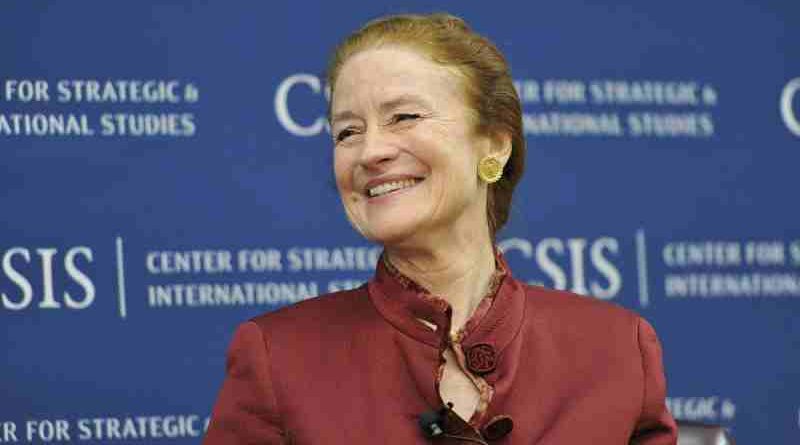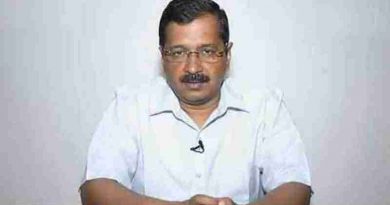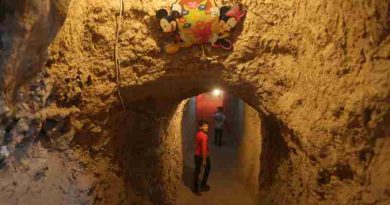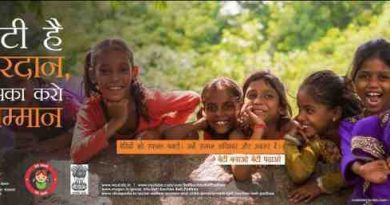Pollution Posing Grave Risks to Children in Delhi: Henrietta Fore
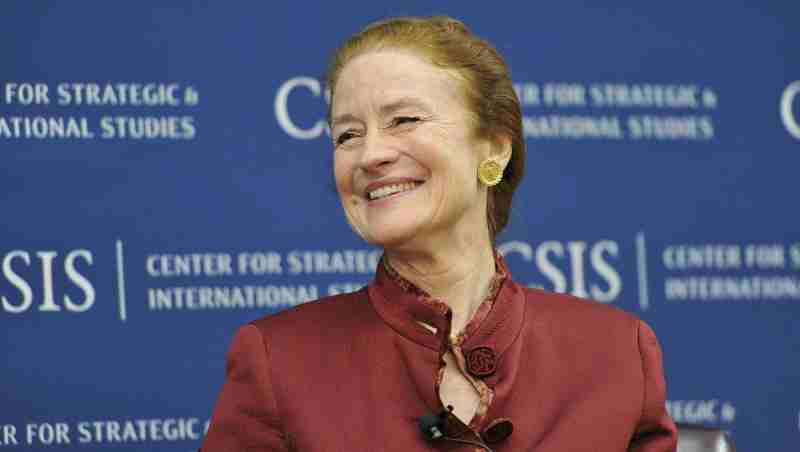
UNICEF Executive Director Henrietta Fore has expressed her concern over the toxic air in South Asia, suggesting that an immediate action is needed to clean the air for children – particularly in Delhi.
“I was just in South Asia where I saw first-hand how children continue to suffer from the dire consequences of air pollution. “The air quality was at a crisis level. You could smell the toxic fog even from behind an air filtration mask,” she said. “From every neighborhood, you could see the pollution obscuring buildings, trees and people. Schools and offices closed or curtailed hours. With winter approaching, the situation is set to become even worse.”
According to UNICEF, around 620 million children in the region breathe polluted, toxic air. Because they have smaller lungs, breathe twice as fast as adults, and lack the immunities that come with age, children endure its damaging health and neurological effects the most.
The air pollution levels have crossed the life-threatening limits in India’s capital New Delhi where the authorities are not taking proper steps to control the increasing poison in the air.
“In extreme cases, when the air is so toxic, schools may close, as we have seen in Delhi just this week. Pollution levels were literally above the range that sensors could measure, many times above what can reasonably be considered safe for children and clearly presenting grave risks to their health and development,” Ms. Henrietta Fore said in her statement released on November 6.
[ Download and Read: Delhi Disaster Report 2019 ]
“Health expenses may increase if children need care and treatment. Parents may need to stay home too, in order to care for their children. Potential income is lost, and quality of life is reduced. The effects of air pollution on children can be felt well into adulthood,” she added.
Air pollution is associated with one of the biggest killers of children – pneumonia, and linked to asthma, bronchitis, and other respiratory infections. Air pollution damages brain tissue and undermines cognitive development in babies and young children, leading to lifelong consequences that can affect their learning outcomes and future potential. There is evidence to suggest that adolescents exposed to higher levels of air pollution are more likely to experience mental health problems.
The toxicity to children’s brain development and health is also toxic to society, which no government can afford to ignore. The ripple effects extend far and wide. When children are sick, they frequently miss school.
UNICEF is calling for urgent action to address this air quality crisis. Governments in the region and around the world should take urgent steps to reduce air pollution by investing in cleaner, renewable sources of energy to replace fossil fuel combustion; provide affordable access to clean public transport; increase green spaces in urban areas; change agricultural practices and provide better waste management options to prevent open burning of harmful chemicals.
“Children have a right to live in a clean environment and to breathe clean air. We must act now,” Ms. Fore said.
💛 Support Independent Journalism
If you find RMN News useful, please consider supporting us.

